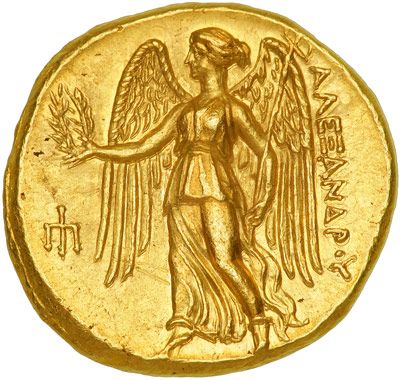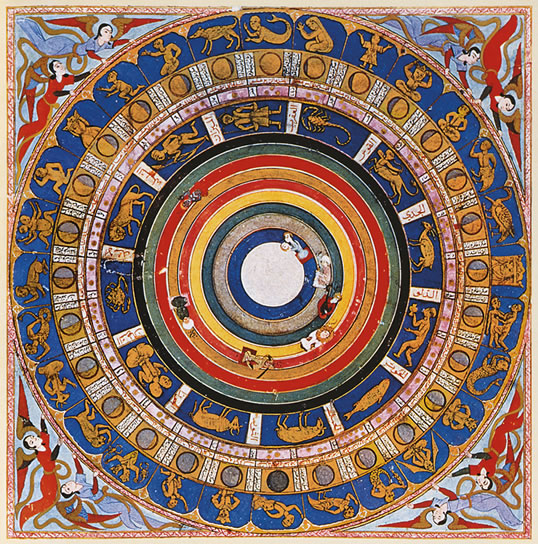
This was a response to a discussion about the utility of magic to overcome or change the restrictions placed on our financial circumstances by fate, karma and one’s nativity.
In traditional astrology there are significators of wealth in your natal chart which describe your future financial status and your ability to accrue wealth, as well as give indications where this money will come from (and, if afflicted, how you will lose money), but the amount of wealth you could accumulate was considered largely determined by the conditions of your birth. Here’s William Lilly on the traditional astrology answer regarding the question of fate and wealth:
“..for a beggar’s child may have a nativity equal with a king’s but then they are not both the sons of kings; therefore at what time an extraordinary direction happens, whereby a king obtains extraordinary or very great honour upon the influence thereof; the young beggar having the very same fortunate direction in his nativity, has no more falls to his share, then either to fall to some course of life, not so sordid to beg. A king has loans or money of his subjects; it happens the beggar has some more than usual bountiful alms from some good people.
A king performs some honourable exploit; a beggar has more than ordinary respect amongst his fellow beggars, for some neat piece of service he has performed for the fellowship; so that herein the one has honour according to his capacity, and the other such fame with his companions, which pleases him as well as honour.” (Christian Astrology, p616)
In Lilly’s day if you are born a beggar, you are never going to become king, and if your father was a stonemason, well, that’s going to be your profession too. Although the level of wealth you may achieve is still largely determined by the family you are born into, if you are lucky enough to live in a wealthy country, you likely have a lot more options than anyone born before you has ever had. Continue reading “Wealth and fate – astrology and magic”



